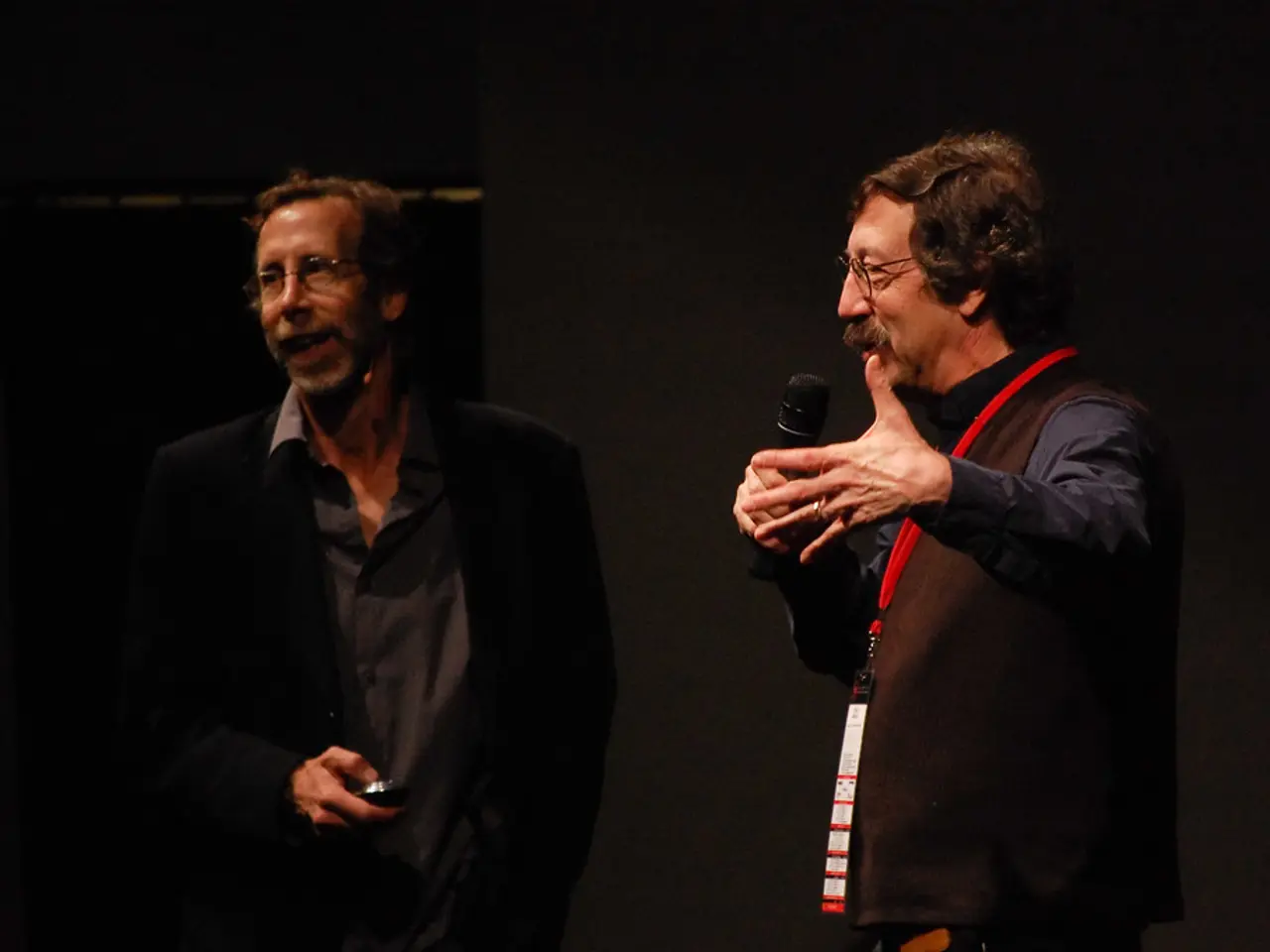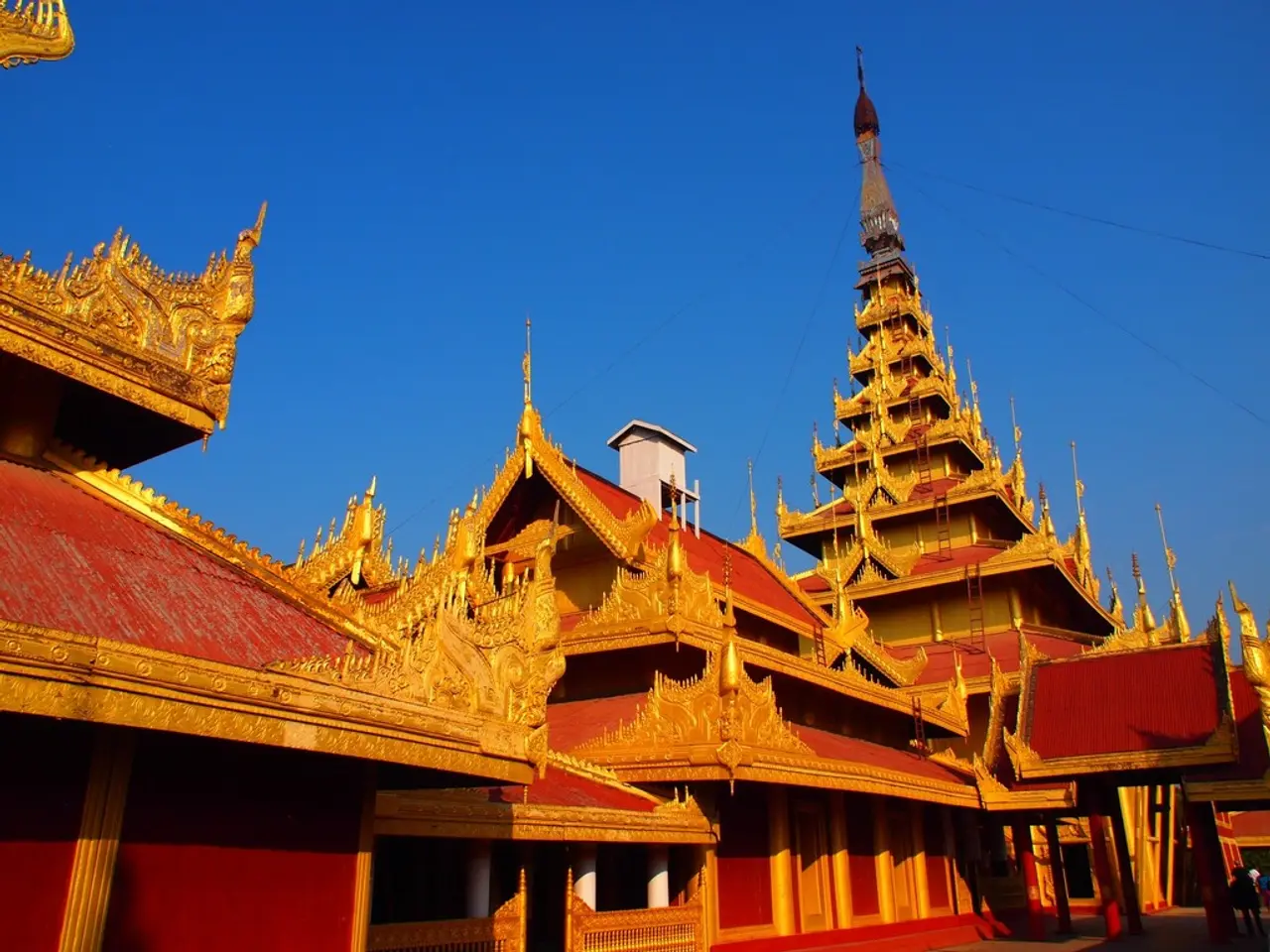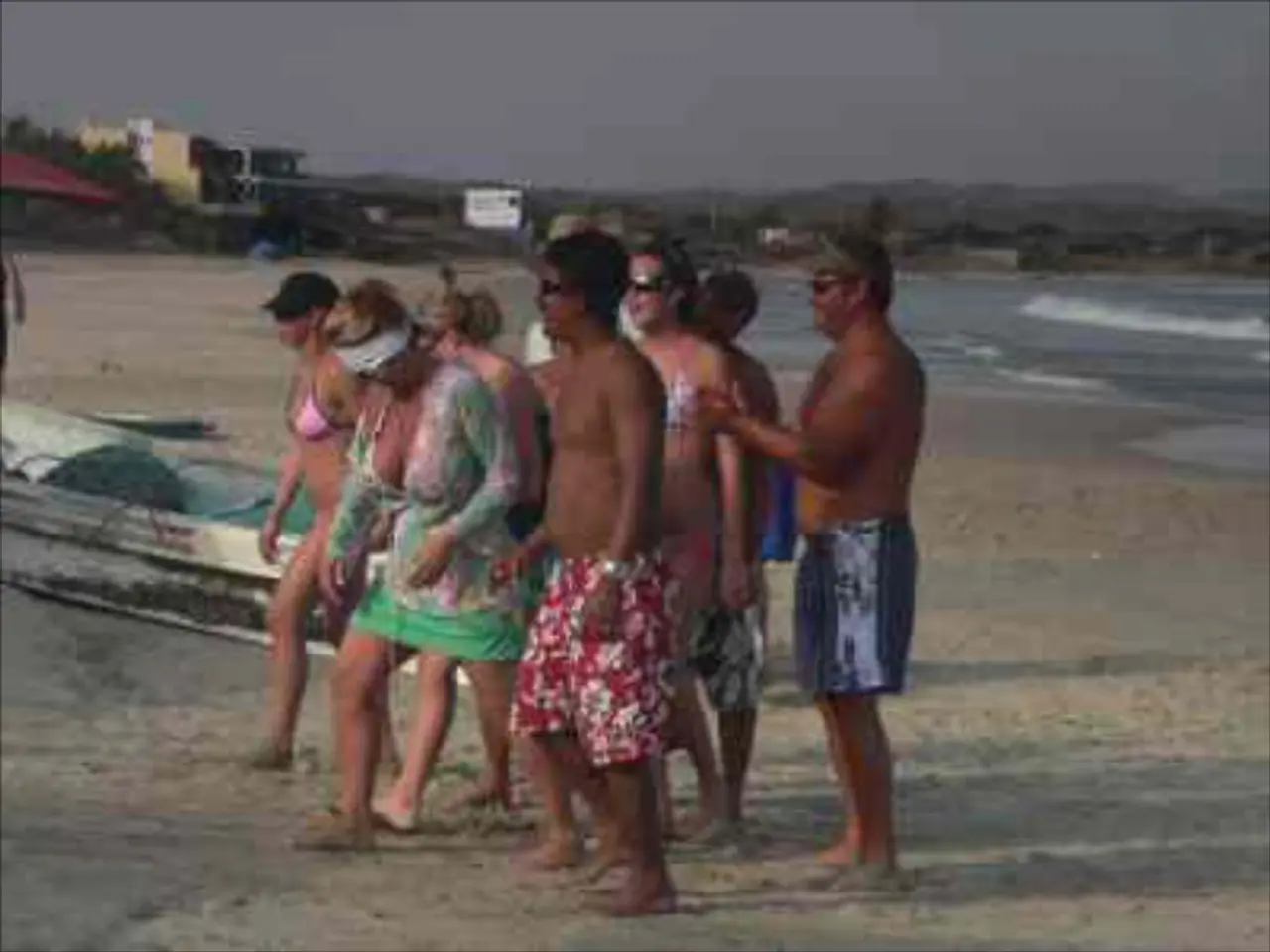Tourist group subjected to disrespectful remarks in the metro, leaving them taken aback by the sovereign response
Tension in Europe Over Tourism: A Closer Look at Rome and Majorca
The growing discontent among local residents in Europe, particularly in Rome, Italy, and Majorca, Spain, is a result of the overwhelming impact of tourism.
In Rome, the influx of tourists, particularly in the historic center, is putting immense pressure on transportation, housing, and local infrastructure. Despite moderate tourist density, the sheer number of tourist nights is a burden on the city's heritage areas and can exacerbate housing shortages and congestion. The lack of targeted control over tourist flows raises concerns about the balance between tourism and residents' well-being.
Majorca, on the other hand, experiences a more dispersed pattern of tourist accommodations. However, the sheer number of visitors, coupled with high nights per capita, strains natural resources, local infrastructure, and affects residents' quality of life. This pressure is especially felt in terms of environmental sustainability and the island's infrastructure capacity.
Spain, including the Balearic Islands like Majorca, is also grappling with housing affordability and availability issues. The proliferation of short-term rental accommodations catering to tourists has led to a steep rise in housing costs, reducing housing availability for locals and increasing living expenses. Local character changes as traditional shops get replaced by souvenir vendors and global chains, leading to cultural displacement and dissatisfaction among residents.
The key reasons for this growing discontent are overcrowding in popular historic and natural sites, leading to congestion and stress on urban systems; housing affordability and availability issues caused by short-term rentals favored by tourists; strain on natural resources such as water and waste management; and cultural and community disruption. These pressures have led to local protests, calls for stricter regulation, and initiatives to disperse tourism more evenly throughout the year and across regions to preserve residents’ quality of life and sustainable tourism development.
Meanwhile, discussions on social media have revolved around the behavior of tourists from India, Mongolia, and China. Arman Jean de Chomon, for instance, expressed dissatisfaction with the increasing number of Indian tourists, stating they are noisy, smell unpleasant, and overuse incense. Mika shared an experience of being on a bus with a noisy Chinese family. Interestingly, some users suggested contacting video camera developers to issue fines for unpleasant smells and sounds.
However, the tourists responded in a unique way. They played John Lennon's "Imagine" through a portable speaker, perhaps as a peaceful gesture to counter the negative comments. The incident, which occurred on a metro platform in Rome, Italy, was captured in a viral video and posted on the official Daily Mail account on TikTok, receiving numerous comments on social media.
As the summer progresses, it remains to be seen how these tensions will be addressed and whether harmonious coexistence between tourists and locals can be achieved.
[1] European Tourism Observatory Network (ETON). (2021). Overcrowding in Tourist Destinations: Challenges and Solutions. Retrieved from https://www.eturbonews.com/250153/overcrowding-tourist-destinations-challenges-and-solutions
[2] European Parliament. (2020). Over-tourism: Threats and Opportunities. Retrieved from https://www.europarl.europa.eu/RegData/etudes/BRIE/2020/661405/EPRS_BRI(2020)661405_EN.pdf
- Residents in Rome and Majorca express concerns on social media regarding the impact of tourists, discussing issues related to general-news such as overcrowding and cultural displacement, as well as entertainment topics like the behavior of tourists from specific countries.
- While the tension in Europe over tourism primarily focuses on issues like sustainability, housing, and infrastructure, recent discussions on social media platforms like entertainment and crime-and-justice arise from comments about the behavior of particular tourist groups from countries such as India, Mongolia, and China.








